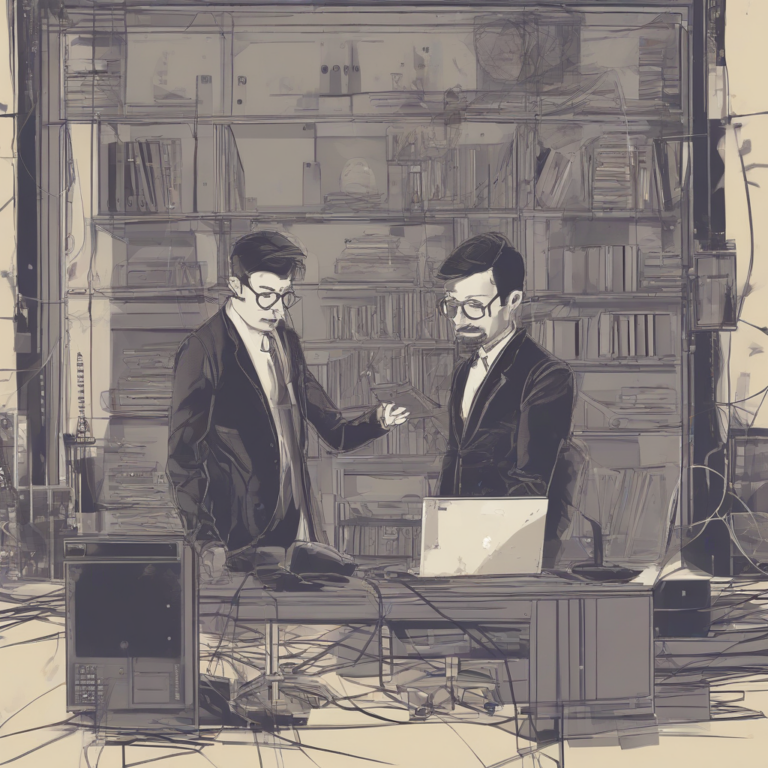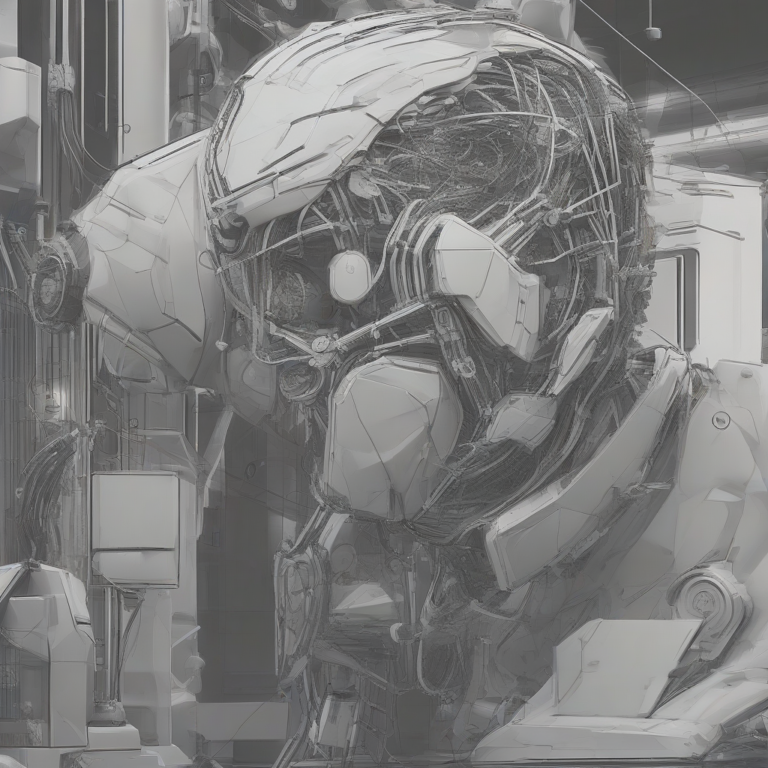Gas Boiler Service: A Comprehensive Guide to Maintenance, Repair, and Safety
Gas Boiler Service: A Comprehensive Guide to Maintenance, Repair, and Safety
A gas boiler is a crucial component of many homes, providing essential heating and hot water. Ensuring its proper functioning is paramount for comfort, safety, and energy efficiency. This guide explores the multifaceted aspects of gas boiler service, encompassing preventative maintenance, troubleshooting common issues, and understanding the importance of professional intervention.
Understanding Your Gas Boiler
Before diving into service procedures, it’s essential to understand the basic components and functionalities of your gas boiler. Familiarizing yourself with its parts will aid in identifying potential problems and communicating effectively with service professionals.
- Burner: The heart of the boiler, responsible for igniting and burning the gas to generate heat.
- Heat Exchanger: Transfers heat from the burning gas to the water, which then circulates through your home’s heating system and taps.
- Pump: Circulates hot water throughout the radiators and underfloor heating system.
- Thermostat: Regulates the boiler’s temperature, ensuring consistent heating.
- Pressure Gauge: Monitors the water pressure within the system. Low pressure can indicate leaks.
- Gas Valve: Controls the flow of gas to the burner.
- Flue: The pipe that vents combustion byproducts safely outdoors.
- Expansion Vessel: Accommodates water expansion as it heats up, preventing excessive pressure buildup.
Preventative Maintenance: The Key to Longevity
Preventative maintenance is crucial for extending the lifespan of your gas boiler and avoiding costly repairs. Regular servicing prevents minor issues from escalating into major problems.
- Annual Service: A yearly service by a qualified gas engineer is highly recommended. This involves a thorough inspection of all components, cleaning, and adjustments as needed.
- Visual Inspection: Regularly inspect the boiler for any signs of leaks, corrosion, or damage. Check for unusual noises or smells.
- Pressure Check: Monitor the pressure gauge regularly. Low pressure suggests a leak, requiring immediate attention.
- Bleeding Radiators: Air trapped in radiators reduces heating efficiency. Bleeding radiators removes trapped air, improving performance.
- Cleaning the Boiler: Dust and debris can accumulate, hindering performance. Cleaning the boiler’s exterior and accessible components helps maintain efficiency.
Common Gas Boiler Problems and Troubleshooting
Despite preventative maintenance, problems can still arise. Recognizing common issues and attempting basic troubleshooting can save time and money.
- No Hot Water: Check the boiler’s thermostat, water pressure, and gas supply. Ensure the pilot light is lit (if applicable).
- No Heating: Examine the thermostat settings, check the boiler’s power supply, and ensure the pump is functioning correctly. Look for signs of a frozen condensate pipe.
- Low Water Pressure: This often indicates a leak. Check all visible pipes and fittings for leaks. A low pressure reading might mean a leak within the boiler itself requiring professional assistance.
- Unusual Noises: Banging, gurgling, or whistling sounds can signal various problems, ranging from airlocks to pump issues. Consult a professional for diagnosis.
- Pilot Light Issues: If the pilot light keeps going out, this usually indicates a faulty thermocouple or gas supply problem. Do not attempt to relight it yourself; call a qualified engineer.
- Condensate Pipe Frozen: A frozen condensate pipe prevents proper drainage and can cause the boiler to shut down. Thawing the pipe is crucial, and prevention strategies should be implemented.
When to Call a Gas Safe Registered Engineer
While some basic troubleshooting can be attempted, it’s crucial to remember that gas boilers are complex systems that require professional expertise for servicing and repair. Never attempt major repairs yourself. Always call a Gas Safe registered engineer for:
- Gas Leaks: Gas leaks are extremely dangerous and require immediate attention from a qualified professional.
- Major Repairs: Any repair involving internal boiler components should be handled by a qualified engineer.
- Annual Servicing: Regular servicing by a qualified engineer ensures safety and optimal performance.
- System Upgrades: If you’re considering upgrading your boiler or installing new components, a professional is essential.
- Unusual Noises or Smells: Unfamiliar sounds or smells coming from the boiler require immediate professional attention.
- Persistent Problems: If basic troubleshooting fails to resolve the issue, a professional diagnosis is essential.
Safety Precautions with Gas Boilers
Safety should always be the top priority when dealing with gas appliances. Understanding safety measures is crucial for preventing accidents and protecting your family.
- Ventilation: Ensure adequate ventilation in the boiler room to prevent carbon monoxide buildup. Never block ventilation grilles or openings.
- Carbon Monoxide Detectors: Install carbon monoxide detectors on every level of your home, including near the boiler. These detectors can save lives by alerting you to dangerous levels of carbon monoxide.
- Never Attempt Repairs Yourself: Gas boilers operate under high pressure and temperature. Attempting repairs without proper training is extremely dangerous.
- Gas Safety Check: If you are purchasing a property, always request and verify a gas safety check to ensure the boiler is safe and compliant with regulations.
- Regular Inspection: Regularly inspect the boiler for any visible signs of damage or malfunction.
- Child Safety: Keep children away from the boiler and its associated equipment. Consider installing safety barriers if necessary.
Choosing a Gas Safe Registered Engineer
Selecting a competent and reliable gas safe registered engineer is crucial for ensuring safe and effective boiler service. Here’s what to consider:
- Gas Safe Registration: Verify the engineer’s Gas Safe registration number. This confirms their competency and insurance coverage.
- Reviews and Recommendations: Check online reviews and ask for recommendations from friends or family.
- Experience and Expertise: Inquire about the engineer’s experience with your specific boiler model.
- Competitive Pricing: Compare quotes from multiple engineers, but don’t prioritize price over quality and safety.
- Insurance and Guarantees: Confirm the engineer’s insurance coverage and the guarantees offered for their work.
- Clear Communication: Ensure the engineer communicates clearly and answers your questions thoroughly.
The Importance of Regular Boiler Servicing
Regular boiler servicing isn’t just about maintaining comfort; it’s about safety and efficiency. Neglecting maintenance can lead to:
- Reduced Efficiency: A poorly maintained boiler consumes more gas, increasing energy bills.
- Increased Risk of Breakdown: Neglecting maintenance increases the likelihood of breakdowns, leading to inconvenience and costly repairs.
- Safety Hazards: Malfunctioning boilers can release dangerous carbon monoxide, posing a severe health risk.
- Shorter Lifespan: Regular servicing significantly extends the lifespan of your boiler.
- Voiding Warranties: Failure to adhere to manufacturers’ recommended service schedules may void warranties.
- Higher Repair Costs: Small problems ignored can escalate into major, more expensive repairs.
Understanding Your Boiler’s Manual
Your boiler’s manual contains vital information about its operation, maintenance, and troubleshooting. Familiarizing yourself with the manual will aid in recognizing potential issues and understanding the boiler’s capabilities.
- Operating Instructions: Learn the correct procedures for starting, stopping, and adjusting your boiler.
- Troubleshooting Guide: Refer to the troubleshooting section for guidance on resolving common problems.
- Maintenance Schedule: Follow the recommended maintenance schedule to ensure optimal performance.
- Safety Precautions: Pay close attention to the safety instructions to prevent accidents.
- Technical Specifications: Understand the boiler’s technical specifications, including its fuel type, power output, and dimensions.
- Warranty Information: Familiarize yourself with the warranty terms and conditions.






